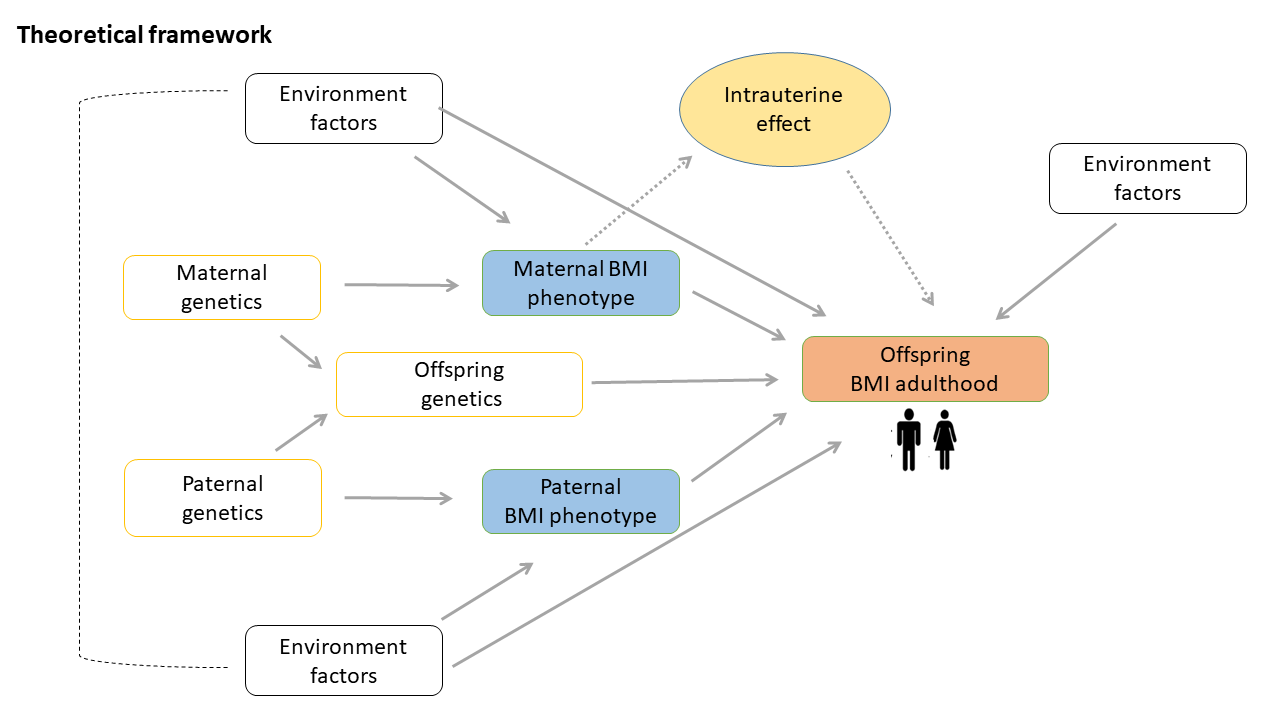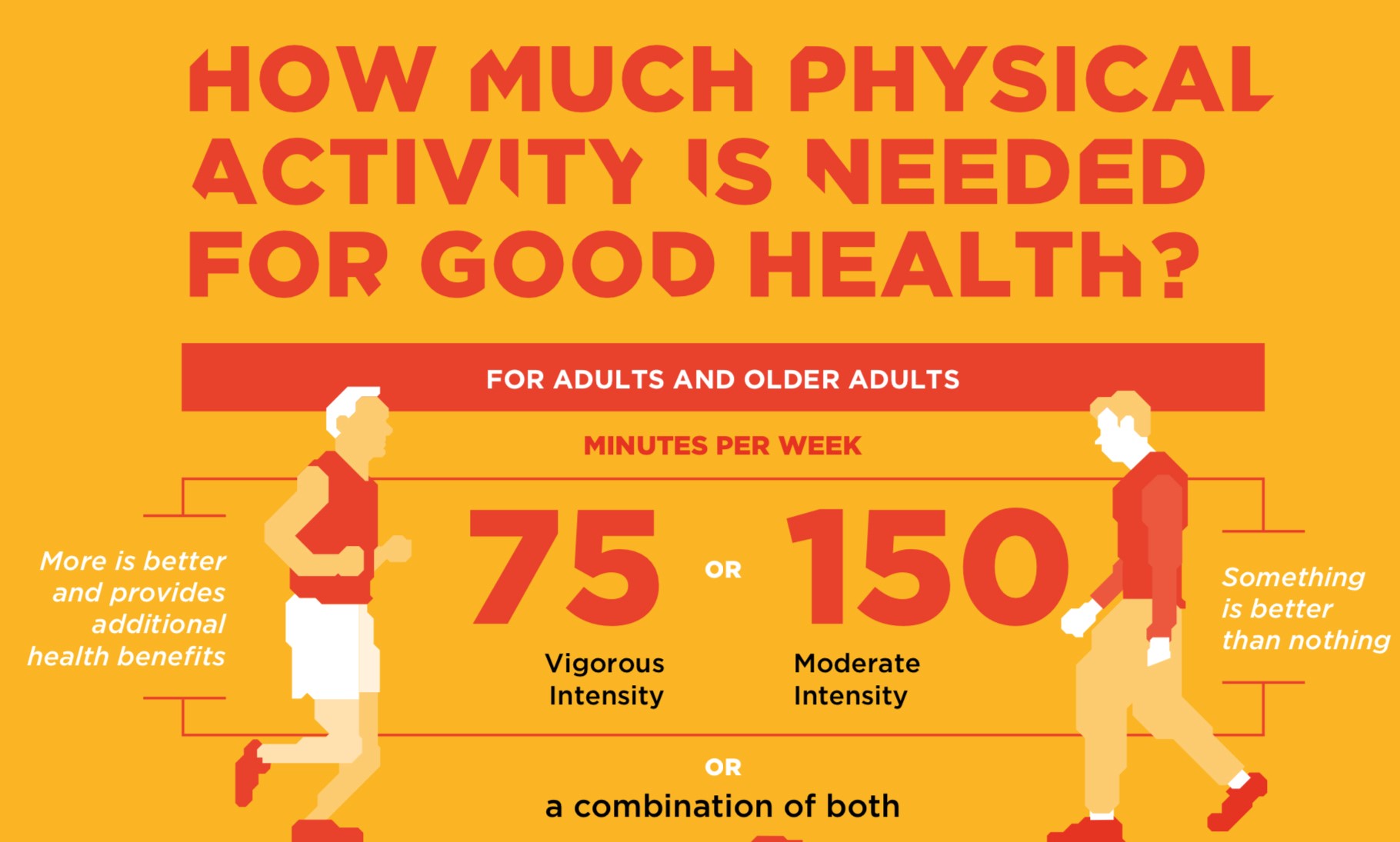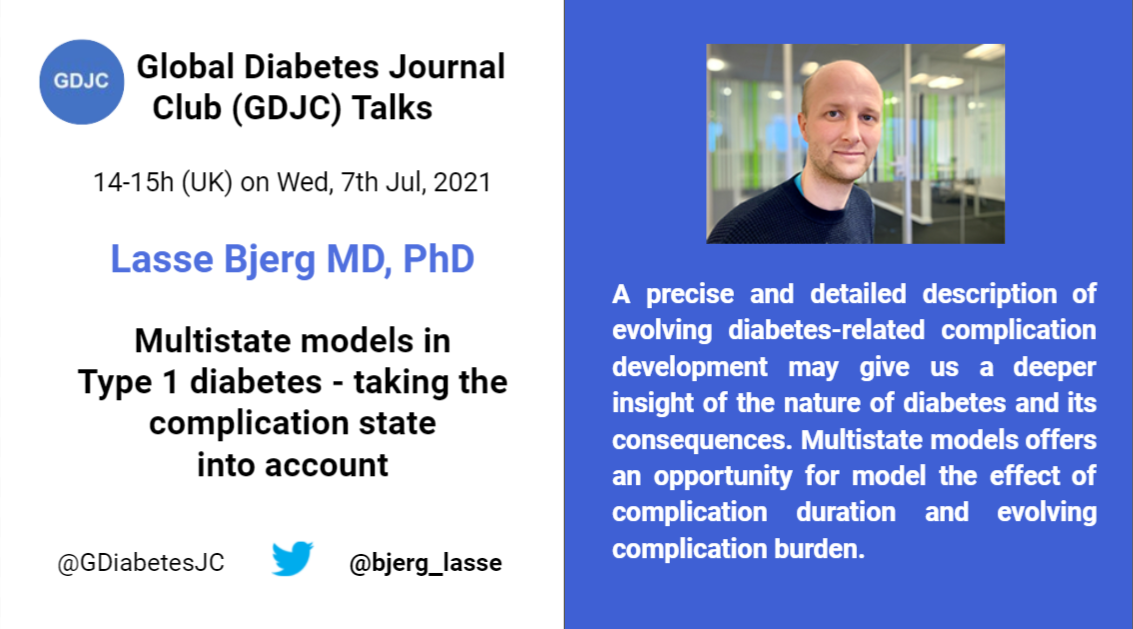November 2021
Assistant Professor, Leo Martinez - Glycemic trajectories after tuberculosis diagnosis
Global Diabetes Journal Club Talk by Assistant Professor Leo Martinez from the Department of Epidemiology at Boston University, Boston, Massachusetts, USA, on how a diagnosis of tuberculosis links with development of diabetes.
A recent paper from his group investigated glucose trajectories in patients with newly diagnosed tuberculosis in Eastern China and concluded “Among patients with tuberculosis without diabetes, glycemic changes were common and may represent an important marker for patient response to tuberculosis treatment”
October 2021
Phd Stud. Jie Zhang - Intergenerational transmission of obesity
Global Diabetes Journal Club Talk by Jie Zhang, a PhD student from the the Department of Public Health, Aarhus University, Denmark, on BMI in parents and their adult offspring.
She presented preliminary findings from a systematic review and meta-analysis she is working on. The main finding was that there is an association between parent BMI and their adult offspring’s BMI, meaning that if the parent’s BMI is high, then it is more likely that their children’s BMI is also higher.

Another key finding was that there was virtually no difference between the mother-offspring and father-offspring association, suggesting that the intrauterine effect (see figure above) may not be as strong, as previously suggested.
We look forward to see the published results of this very interesting work in the near future.
September 2021
Dr. Randi K. Johnson - Expanding the search for metabolomics risk factors in type 1 diabetes
Global Diabetes Journal Club Talk by Dr. Randi K. Johnson, an Assistant Professor from the University of Colorado School of Medicine, on the use of metabolomics in the search for new risk factors for type 1 diabetes.
She gave an overview of what metabolomics is about, what type 1 diabetes is, risk factors for type 1 diabetes, and provided examples of her previous work using metabolomics to investigate dietary pattern in progression to type 1 diabetes.
Paper 1: Metabolome-wide association study in mAb+ risk
Paper 2: Metabolite-wide association study in progression to type 1 diabetes
She also discussed some future perspectives investigating metabotypes influenced by genes to better understand some of the important risk factors inspired by a paper by Suhre et al. 2016.
The recording was stopped towards the end because she presented preliminary data that has not yet been peer reviewed.
August 2021
Dr. Tessa Strain - Where do adults accumulate their physical activity? An analysis of data from 104 countries
Global Diabetes Journal Club Talk by Dr. Tessa Strain, a postdoctoral fellow in the Physical Activity Epidemiology group at the MRC Epidemiology Unit, University of Cambridge, on where adults accumulate their physical activity.
She provided an overview of current physical activity guidelines that focus on moderate to vigorous physical activity and thereafter discuss a study she lead on characterizing where adults from 104 different countries get the physical activity from.
The figure below show the most recent physical activity guidelines from WHO

The talk was based this paper published in the British Journal of Sports Medicine
During the discussion we also talk about the physical activity paradox, where greater levels of occupational physical activity should be linked to higher risk of mortality. However, this may be due to poor adjustment of relevant confounders, which this paper suggests.
July 2021
Dr. Lasse Bjerg - Multistate models in type 1 diabetes - taking the complication state into account

Global Diabetes Journal Club Talk by Lasse Bjerg, Postdoc at the Steno Diabetes Center Aarhus in Denmark, on multistate models on type 1 diabetes.
Unfortunately, we were not able to record this session, but here is a recap of the main points.
Multistate models are a powerful tool to understand disease transitions. However, there are some drawbacks:
- The model gets very complicated the more states that are included, 3-4 seems to be a max.
- The model also regard transitions as instantaneous, although this is not always be the case. Example: ok for myocardial infarction, not so for diabetic kidney disease or retinopathy.
- Requires a lot of longitudinal data, typically in the form of a register.
The talk was based on this paper about duration of diabetes-related complications and mortality in type 1 diabetes using Swedish register data.
June 2021
José Luis Flores-Guerrero – Branched chain amino acids and risk of type 2 diabetes
Global Diabetes Journal Club Talk by José Luis Flores-Guerrero, PhD student at the the University Medical Center Gröningen in the Netherlands, on circulating branched chain amino acids and risk of type 2 diabetes.
He gives a detailed background of the topic, potential mechanisms that explain the relationship and discuss some of his own studies investigating branched chain amino acids and risk of type 2 diabetes based on the Dutch PREVEND cohort.
The talk is based on several of his papers on type 2 diabetes, non-alcoholic fatty liver disease and hypertension.
During the discussion a Mendelian randomization study was also mentioned.
May 2021
Dr. Thaddäus Tönnies – Productivity-adjusted life years lost to type 2 diabetes
Global Diabetes Journal Club Talk by Dr. Thaddäus Tönnies, epidemiologists at the German Diabetes Center in Düsseldorf, on productivity-adjusted life years lost due to type 2 diabetes in Germany.
He elegantly explains the illness-death model, the assumptions behind his projections and the concept of years of life lost and productivity-adjusted years of life lost.
The talk is based on this paper.
He also mentions a paper about the projected number of people with diabetes in Germany in 2040.
April 2021
Adrian Ahne – Diabetes distress patterns based on social media data using AI methods
Global Diabetes Journal Club Talk by Adrian Ahne, PhD Student from INSERM, Epiconcept & University Paris Saclay, on identification of diabetes-related distress pattern based on social media data using artificial intelligence methods in the World Diabetes Distress Study.
The talk is based on this paper
March 2021
Dr. Suping Ling - Investigating causality between type 2 diabetes and cancer
Global Diabetes Journal Club Talk by Dr. Suping Ling from the University of Leicester on the relation between diabetes and cancer.
The talk is based on a meta-analysis she lead and during the talk she also discuss bias analysis for unmeasured confounding.
The paper can be found here
February 2021
Dr. Jason Torres - Tissue-level classification of loci associated with type 2 diabetes
Global Diabetes Journal Club Talk by Dr. Jason Torres from Nuffield Department of Population Health, University of Oxford, on tissue-level classification of loci associated with type 2 diabetes.
The talk is based on Torres et al. 2020
Here is a paper we recommend reading for context